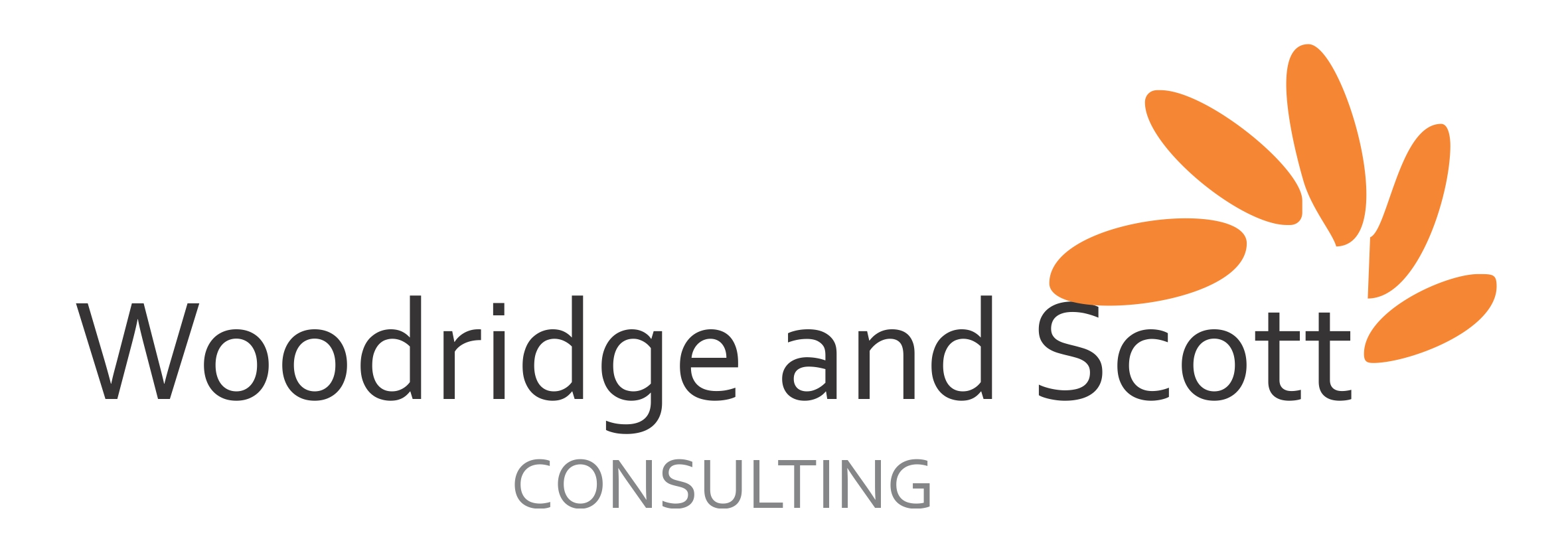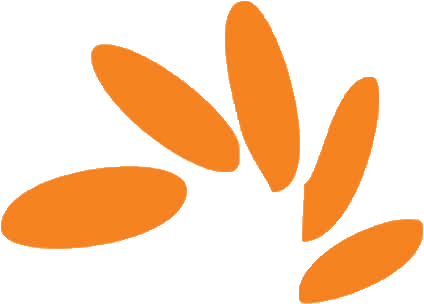Conducting a feasibility study
Woodridgeandscott2021-09-03T12:59:38+01:00Considering conducting a feasibility analysis to investigate the viability of a potential business Idea ? Answering the following questions will help you through the process. By using these as a guide, it will help you move through the process efficiently while helping you get the most out of the analysis.

⇰ WHAT
An assessment of the practicality of a proposed plan or method, which helps to analyze the viability of an idea. Also to know if we have or can we create the technology to do this?. Do we have the people resources?. Will we get our ROI?
⇰WHEN
The decision to conduct a feasibility study should not be taken lightly. It is an expensive and time consuming process. However, not doing a feasibility analysis can be even more expensive in terms of the poor decisions you may make from not conducting the proper analysis. It is done before a project lifecycle and after the business case, because the business case outlines what we are proposing(is it a product or services that we are proposing). It also important to know the types of feasibility studies
Types of Feasibility Studies
- Technical – hardware and software; existing or new; staffing skills
- Financial – initial and future stakeholder investors; ROI benchmarks
- Market- industry type; marketing characteristics; market growth; competition environment; sales projections
- Organization- structure; legal; management team’s competency
⇰WHY
Conducting a feasibility study is a good business practice. If you examine successful businesses, you will find that they did not go into a new business venture without first thoroughly examining all of the issues and to determine the factors that will make the business opportunity a success.
Below are other reasons to conduct a feasibility study.
- Narrows business alternatives
- Identifies new opportunities through the investigative process.
- Identifies reasons not to proceed.
- Enhances the probability of success by addressing and mitigating factors early on that could affect the project.
- Provides quality information for decision making.
- Provides documentation that the business venture was thoroughly investigated.
- Helps in securing funding from lending institutions and other monetary sources.
- Helps to attract equity investment.
⇰HOW
- Conduct a preliminary analysis.
- Prepare a projected income statement. We need to know what are the income streams, how we are going to generate money, where the revenue is coming from.
- Conduct a market survey. We need to know if this is a demand,is there a market for this?, are customers willing to use this product or services?.
- Plan Business organization and operations.(what is the structure? What kind of resources do we need? What kind of staffing requirements do we have?
- Prepare an opening day balance sheet.what are the expenses? What is the revenue? Being able to determine if we are going to make our ROI.
- Review and analyze all data.
- Make a GO /NO-GO decision. Meaning are we going to do this project, take this business opportunity or not.

⇰FEASIBILITY REPORT
- Executive Summary.
- Description of product and services.
- Technology Considerations.
- Product and services market place.
- Marketing strategy.
- Organization structure and staffing(what people do you need to deliver the product or services and even support it).
- SWOT analysis (strengths, weaknesses, opportunities, and threats).
- Schedule.to be able to have milestones that as we are building things,as we are spending money that we will begin to bring income to pay and knowing when we will be recuperating some of the funding.
- Financial projections.
- Findings of recommendations.
– Technology.(are you going to build it or are you going to buy it?)
– Marketing.
– Organization.(either insource or to outsource the staff).
– Financial.
⇰NOTE
A feasibility study is not a business plan. The separate roles of the feasibility study and the business plan are always misunderstood. The feasibility study provides an investigated analysis. It addresses the question of “Is this a viable business opportunity/idea ?” The business plan provides a planning function. The business plan outlines the actions needed to take the proposal from “idea” to “reality”. Read more on Business Plan 101, offers more insight on the drafting of a business plan.
The feasibility study unfolds and analyzes several alternatives or methods of achieving business success. The feasibility study helps to narrow the scope of the project to identify the best business scenario(s). The business plan deals with only one alternative or scenario. The feasibility study helps to narrow the scope of the project to identify and define two or three scenarios or alternatives. The person or business conducting the feasibility study may work with the group to identify the “best” alternative for their situation. This becomes the basis for the business plan.
The feasibility study is conducted before the business plan. A business plan is prepared only after the business venture has been deemed to be feasible. If a proposed business venture is considered to be feasible, a business plan is usually structured to provide a “road-map” of how the business will be created and developed. The business plan provides the “blueprint” for project implementation. If the venture is deemed not to be feasible, efforts may be made to correct its deficiencies, other alternatives may be explored, or the idea is dropped.
⇰WHO
If you plan to do a feasibility study, you will want to strongly consider hiring a consultant to conduct the study.Time and money spent in choosing and using a good consultant is an important investment that will pay dividends later.
At Woodridge and scott consulting Ltd, We have improvised our framework based upon global practices as well as our own developments especially in terms of mapping the market, financial forecasts and projections. We ensure that there is minimum variation between the projections that we provide and the real-life scenario. This is one of the key factors why our clients trust us to make their feasibility study projects. Our services are designed both for smaller businesses and medium industries. Send a request for proposals (RFP) outlining what you want done, we will respond to the RFP by describing how the study will be conducted, what questions will be answered by the study, a time-line for completing the analysis and how much it will cost.


Leave a Reply